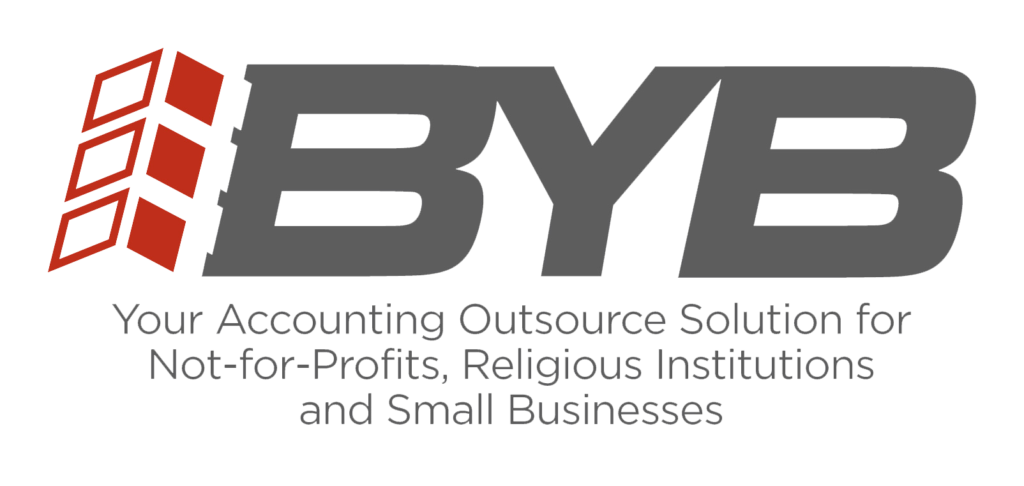 Beginning on Jan. 1, 2019, the standard mileage rates for the use of a car (also vans, pickups or panel trucks) will be:
Beginning on Jan. 1, 2019, the standard mileage rates for the use of a car (also vans, pickups or panel trucks) will be:
- 58 cents per mile driven for business use, up 3.5 cents from the rate for 2018,
- 20 cents per mile driven for medical or moving purposes, up 2 cents from the rate for 2018, and
- 14 cents per mile driven in service of charitable organizations.
It is important to note that under the Tax Cuts and Jobs Act, taxpayers cannot claim a miscellaneous itemized deduction for unreimbursed employee travel expenses. Taxpayers also cannot claim a deduction for moving expenses, except members of the Armed Forces on active duty moving under orders to a permanent change of station.
For more details see Notice-2019-02.



 Beginning on Jan. 1, 2019, the standard mileage rates for the use of a car (also vans, pickups or panel trucks) will be:
Beginning on Jan. 1, 2019, the standard mileage rates for the use of a car (also vans, pickups or panel trucks) will be: As of January 1, 2019, the maximum wage base that is subject to the Social Security payroll tax will increase from $128,400 to $132,900.
As of January 1, 2019, the maximum wage base that is subject to the Social Security payroll tax will increase from $128,400 to $132,900.
